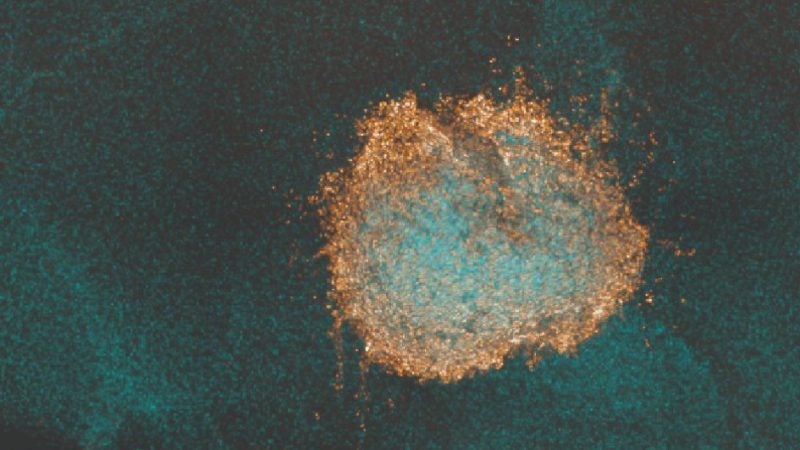
Researchers from the Institute of Cancer Research (ICR), London, UK, have identified a new combination of two approved cancer drugs that can be used to treat children suffering from incurable brain cancer.
A study revealed that a leukaemia drug, dasatinib, in combination with a melanoma skin cancer drug, trametinib, delayed the development of cancer cells from diffuse intrinsic pontine glioma (DIPG) patients.

Discover B2B Marketing That Performs
Combine business intelligence and editorial excellence to reach engaged professionals across 36 leading media platforms.
The co-clinical trial analysed the potential of mitogen-activated protein kinase (MEK) inhibitor drugs, currently approved for various cancer types, for the treatment of children with DIPG tumours.
Researchers analysed trametinib, an inhibitor of MEK, in mice and identified minimal impact on its own.
The lab-grown tumour cells showed specific resistance mechanisms with mutations in MEK 1 or MEK 2.
The team then combined the multi-kinase inhibitor drug, dasatinib, with trametinib for treating mice and lab-grown DIPG cells that showed the resistance mutations.

US Tariffs are shifting - will you react or anticipate?
Don’t let policy changes catch you off guard. Stay proactive with real-time data and expert analysis.
By GlobalDataThey found that combining the drugs, each of which has its own unique mechanism of action, hindered tumour development in the trametinib-resistant cells.
Furthermore, the drug cocktail had a greater impact than anticipated, cutting down the growth in cells cultured on mouse brain tissue by more than 60%.
The scientists now plan to test the findings further in cell and animal studies before advancing the drug cocktail for human trials.
Indicated for use along with dabrafenib, trametinib is approved for melanoma skin cancer and non-small cell lung cancer treatment.
Dasatinib is indicated for the treatment of chronic myeloid leukaemia as well as some kinds of acute lymphoblastic leukaemia.
ICR paediatric brain tumour biology professor Chris Jones said: “Our findings will need to be validated further in the lab, but because we are using existing approved drugs that we know are safe, we hope it won’t be too long before the new treatment enters clinical trials.
“These promising results have emboldened us to keep analysing patient samples and modelling their treatment response because it shows how specific some of the treatments are that we’re needing to develop.”
In March 2019, ICR researchers identified a triple combination therapy that hinders drug resistance in bowel cancer.




